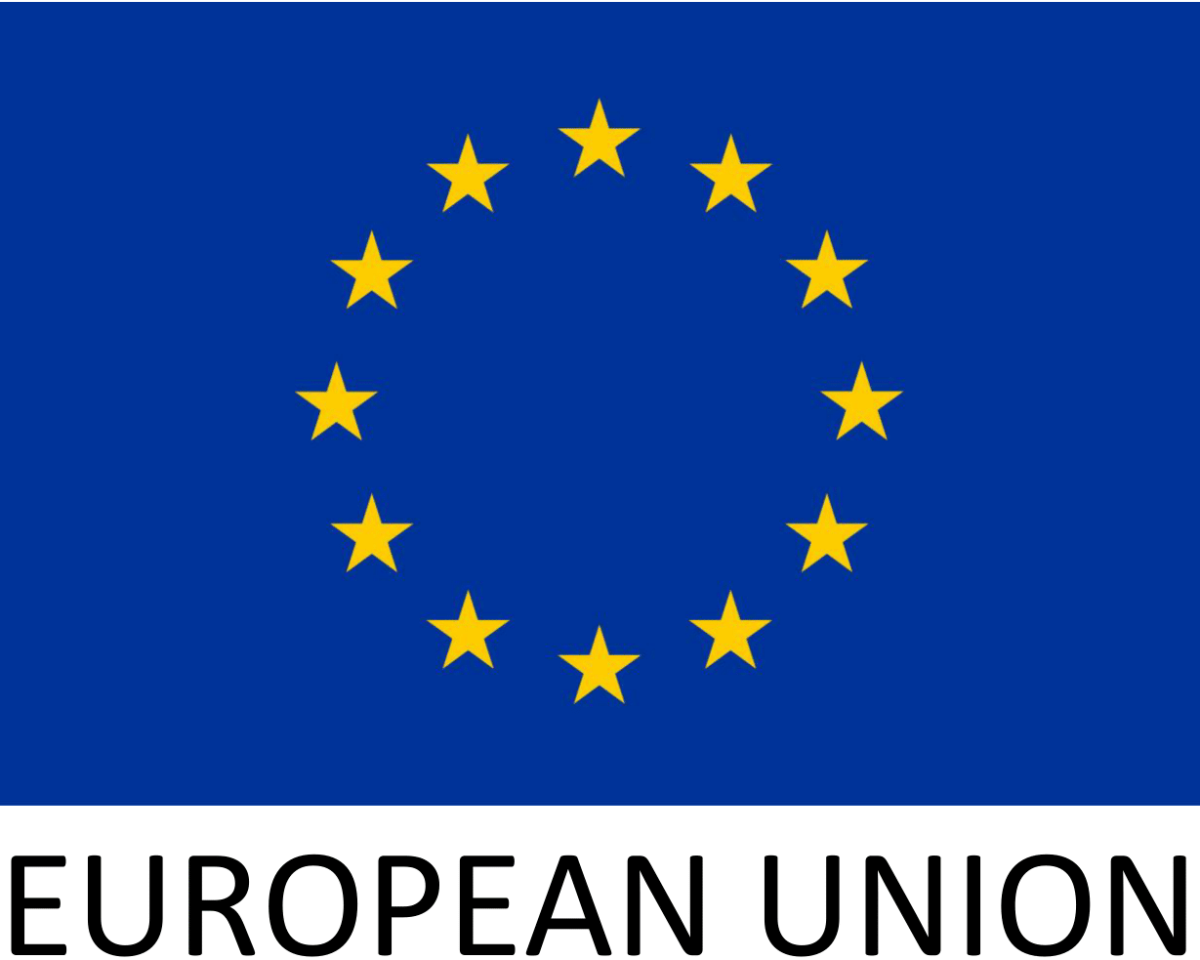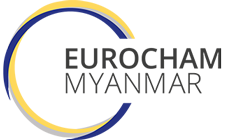International retailers joining the Multi-stakeholder Alliance for Decent Employment (MADE) in Myanmar apparel industry must agree to heightened commitments to responsible sourcing when participating in the project's Alliance. These commitments are detailed below.
HEIGHTENED COMMITMENTS

(a) ALL PARTIES...
...commit to basing their approach to sourcing from Myanmar on the UN Guiding Principles on Business and Human Rights, including Principles 19 and 21, as well as international labour conventions and other internationally recognised human rights principles, such as those incorporated into the Ethical Trading Initiative (ETI) Base Code
(b) MEMBER COMPANIES...
...commit to undertaking ongoing heightened due diligence of their supply chains in Myanmar, drawing on the latest information and recommendations that reflect the local evolving context and risks, including that provided through MADE as well as their own due diligence experts.
(c) SEQUA AND EUROCHAM...
...working with the Steering Committee, MADE Project team, and Myanmar-based labour rights organisations and trade unions, commit to providing regular updates and guidance on risks and issues to be taken into account in Member Companies’ ongoing human rights due diligence. This will incorporate guidance from Myanmar and international trade unions and labour rights organisations and other NGOs.[1]It will also take into account emerging international trends and requirements including for supply chain due diligence and responsible sourcing and purchasing practices. Guidance will draw as far as possible on multistakeholder initiatives which have worked or continue to work on the Myanmar apparel sector.

(a) MEMBER COMPANIES...
...commit to transparency about their decision to source from Myanmar, as part of the ‘know and show’ approach outlined in the UNGPs. Companies should summarise their human rights due diligence and the salient human rights risks they have identified, and how Companies are mitigating these.
(b) MEMBER COMPANIES.
...commit to responding to requests for information from well-established third parties such as the Business and Human Rights Resource Centre (BHRRC) on reports of grievances linked to their suppliers and how they are addressing these.
(c) THE MADE SECRETARIAT...
...will support Member Companies by monitoring Myanmar language media for reports of problems at suppliers, and highlighting these to the company concerned.
(d) THE MADE SECRETARIAT...
...will support companies in explaining how issues and problems are being addressed and will publicise case studies, and good practice, in coordination with companies.

(a) MEMBER COMPANIES...
... will send the list of their current Myanmar factory suppliers to the Secretariat and update the list at least every six months.
(b) THE MADE SECRETARIAT
... will upload a list of these suppliers to MADE members on to Open Supply Hub (opensupplyhub.org), listed as ‘MADE’.
(c) THE MADE SECRETARIAT...
... will also map factories supplying to Member Companies which will not be for publication but which will be used to plan MADE activities.
(d) THE MADE SECRETARIAT...
... will also publish anonymized data from factory suppliers in publications and the project’s Transparency Database (transparency.smartmyanmar.org).
(e) MEMBER COMPANIES...
...are additionally encouraged to publish their supplier data (both Myanmar, and global) on their own company website, and to take ownership of their entries on the Open Supply Hub. The MADE Secretariat will publish an annual report on companies’ progress towards this.
(f) REGARDING SPECIAL CONCERNS...
Where third party audits and other due diligence by member companies raise concerns about specific factories or issues, Member Companies commit to share these in confidence with the MADE Secretariat. Subject to antitrust concerns, Member Companies are also encouraged to share these confidentially with others sourcing from the same supplier. Member Companies are also encouraged to share with other brands what steps they are taking to work to improve supplier business practices.
(g) MEMBER COMPANIES..
...will promptly respond to surveys and requests for information conducted by or on behalf of the MADE Secretariat that can contribute to building collective approaches. These may include, but are not limited to, issues such as worker representation and freedom of association; grievances, including their resolution; use of worker engagement apps; wages, supplements and other support programmes for workers. Where companies request that such information should not be attributed to the company con

(a) ALL PARTIES...
...will ensure that the activities of the Alliance and any collective action remains pre-competitive and does not raise antitrust risks or concerns about anti-competitive conduct
(b) MEMBER COMPANIES...
...will participate actively and constructively in discussions under the MADE programme which seek to address issues of concern to the industry and workers. These discussions convened by MADE may be undertaken between Member Companies, with other business associations, and together with trade unions and labour rights organisations. Issues include, but are not limited to:
o Wages and take home pay
o Grievance handling
o Freedom of Association
o Environmental health & safety
(c) REGARDING PUBLIC STATEMENTS...
Where collective public statements are considered by the majority of Members to be potentially useful as a means of showing Members’ commitments or as a tool for advocacy, Member Companies will participate constructively in negotiating texts. Member Companies may individually choose whether to be associated with any such statement.
(d) MEMBER COMPANIES...
will encourage other companies sourcing from Myanmar to join MADE.

(a) ALL PARTIES...
...commit to exploring all options for achieving higher wages for workers in the Myanmar apparel industry with the ultimate aim that all workers are paid at least a living wage. They will work with international organisations, initiatives and other experts to learn from experience elsewhere, and what this means for achieving a living wage in Myanmar.
(b) MEMBER COMPANIES...
...commit to undertaking and sharing with other MADE members a self-assessment of the actions they are taking towards wage improvements, including wage surveys of their suppliers, and to cooperate with any wage surveys by MADE. An aggregated summary of surveys and self-assessments will be shared with labour rights groups and trade unions, and to report on the impacts of the MADE project.
(c) MEMBER COMPANIES...
...commit to engaging constructively with trade unions and labour organisations on their suggestions, and piloting practical steps to increase wages and take home pay.

(a) MEMBER COMPANIES...
...will nominate a lead contact for receiving initial information about complaints in supplier factories from workers and trade unions or labour organisations. This lead contact should acknowledge any approach from MADE within 48 hours.
(b) REGARDING ADVERSE HUMAN RIGHTS IMPACTS...
Companies have a responsibility to provide for, or cooperate through legitimate processes in, the remediation of adverse human rights impacts where they identify that they have caused or contributed to these impacts. Member Companies commit to 1) having a grievance handling mechanism in their factory (individual per brand or collective); 2) ensuring rapid action once grievances are being raised. 3) being compliant with FoA.
(c) MEMBER COMPANIES...
...commit to requiring business partners to have effective grievance processes in place at factory level, and to promoting and monitoring the effective functioning of these.
(d) MEMBER COMPANIES...
...commit to sharing their current practices for grievance handling and worker engagement and lessons learned with other companies, as well as with trade unions and labour organisations. Companies will seek to act on viable suggestions to prevent and remediate complaints.
(e) ALL PARTIES...
...will explore the scope for sector-wide approaches to grievance handling and worker engagement, drawing on lessons from other initiatives, e.g. Fair Wear Foundation.

(a) ALL PARTIES...
...commit to supporting freedom of association, consistent with international labour conventions and the spirit of the guidelines on Freedom of Association in Myanmar ('FoA Guideline") negotiated in 2019 under the ACT on Living Wages programme. This could include making collective statements in support of FoA principles and labour rights defenders.
(b) MEMBER COMPANIES...
...commit to consistently communicating to suppliers and other business partners that they expect them to uphold the right to freedom of association, including when handling disputes at factory level.
(c) SEQUA...
...will continue to promote the right to freedom of association in accordance with international labour conventions, ILO recommendations, and Myanmar legal requirements (where these are not in conflict with international standards) through training in its factory programmes under MADE.
(e) ALL PARTIES...
...will explore the scope for sector-wide approaches to grievance handling and worker engagement, drawing on lessons from other initiatives, e.g. Fair Wear Foundation.

(a) CLIMATE ACTION
Recognizing the severity of the climate crisis, all Parties commit to work towards a complete phase out of coal boiler fuel in Myanmar by 31 December 2025, including in the suppliers used by Member Companies. This is an important intermediate step towards fully sustainable resource use by 2030 in accordance with Sustainable Development Goal 12 of the United Nations Sustainable Agenda for 2030 to which many Member Companies are already publicly committed.
(b) CHEMICAL SAFETY IN WET PROCESSING UNITS AND FOOTWEAR PRODUCTION
Member Companies commit to achieve full compliance among suppliers with the globally harmonized system (GHS) for chemical inventory management and labelling by 31 December 2023. GHS compliance is a legal requirement in Myanmar under the 2013 Chemical and Related Substances Act. Factories with substantial chemical storerooms are generally required to be compliant with storage, labelling and safe use requirements.





